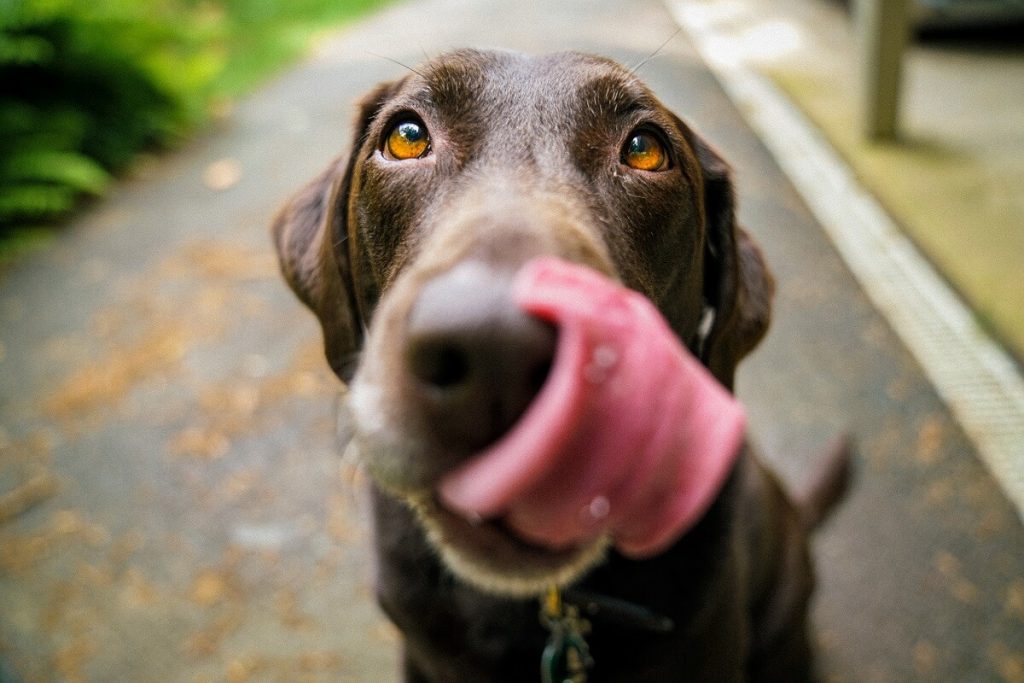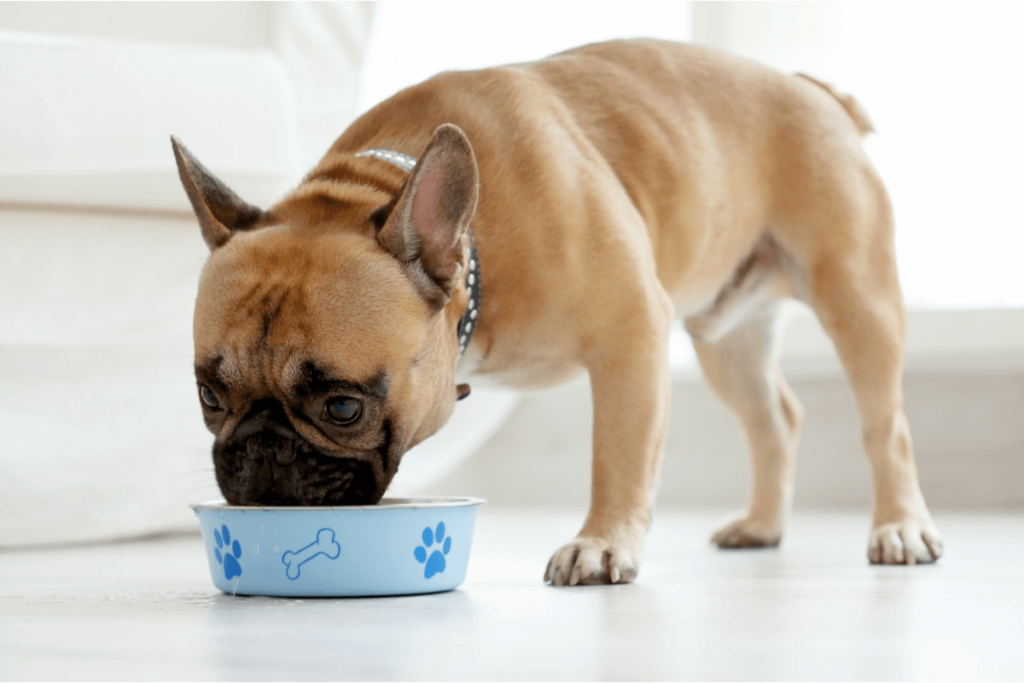If you google this question, you will no doubt find plenty of opinions about which food is best for your dog. There is a wide range of food options available for dogs, which can make choosing the right food for your pooch quite difficult and confusing.
What do dogs need nutritionally?
Dogs are omnivores, which means they need to consume a mix of meat and plants to meet their dietary requirements. While meat typically makes up the majority of their diet, for optimal health and wellbeing, dogs need a balance of:
- Protein to build and maintain strong muscles and keep their body functioning well
- Carbohydrates to provide energy
- Fats to support a healthy nervous system, as well as for energy
- Vitamins and minerals for a strong immune system and healthy bones
How do you choose the right food?
The pet food industry is essentially self-regulated in Australia. This means that there is no independent body governing the manufacturing of pet food. There is however the Pet Food Industry Association of Australia, which has a voluntary pet food standard that some manufacturers adhere to.
This can make it quite confusing when it comes to assessing the claims some dog food brands make, and working out how good the food actually is for your dog.
Supermarket vs premium dog food brands
There can be a big price difference between the dog food you find in your local supermarket compared to the premium food offerings. The key difference is in the makeup of the ingredients. Cheaper dog food is not typically as “complete” or balanced a diet compared to the more expensive options, and typically contains very high salt levels for palatability, however, this can be harmful for your pet. Supermarket brands also contain fillers, which means your dog has to eat more to feel full, which also results in more faeces to pick up as these fillers are passed straight through.
For clients at our small animal vet clinic, we tend to recommend Hills and Royal Canin foods. They provide a complete and balanced diet, have a money-back guarantee if your pet doesn’t like it and are also AAFCO-certified.
That said, we do understand that everyone’s budget is different. We work with our clients to discuss the best nutritional plan for their individual pet and recommend the best-quality food to suit their budget.
What you shouldn’t feed your dog

There are also plenty of human foods that you shouldn’t feed your dog. Many foods can be toxic to dogs, including chocolate, grapes, lollies, macadamia nuts, and onions. Bones are another big no-no. They can splinter and lead to serious internal damage, constipation and damage to teeth.
What about a raw food or grain-free diet?
While there are many proponents for raw food or grain-free diets, there is little scientific evidence to support these restricted diets.
Grain-free diets can actually be quite harmful, and lead to canine dilated cardiomyopathy. It is extremely rare for a dog to have a true grain allergy – dogs are much more likely to be allergic to a protein such as beef or chicken.
A strict raw food diet is very difficult to make ‘complete and balanced’ when it comes to nutrition for your pooch and can deprive or oversupply them with important vitamins and nutrients. Raw meat can also put your dog at risk of developing bacterial and parasitic infections that can make your dog seriously ill and even compromise the health of people in your household. This is because the bacteria from the raw meat is excreted in your dog’s saliva and other outputs. This is particularly a concern if anyone in the household is immunocompromised. For these reasons we do not recommend raw feeding however if you do choose to do so we strongly recommend consulting a board-certified veterinary nutritionist to ensure the diet your dog is receiving contains all that they need for their particular life stage and individual needs.
What we do recommend is to complement and add some enrichment to quality dry dog food awith cooked mixed vegetables and sardines in spring water or the occasional treat of some cooked chicken or cooked egg.
We can help
While there are lots of myths and misinformation when it comes to the food best for your dog, our small animal vets have extensive expertise in pet nutrition, and are here to help. Every dog is different, so we are always very happy to discuss with you the best nutritional plan for your dog that suits their age, lifestyle, health and your budget.
You can find our small animal vet clinic in the Springwood Place shopping complex in East Gawler, or call us on 08 8318 1801.

